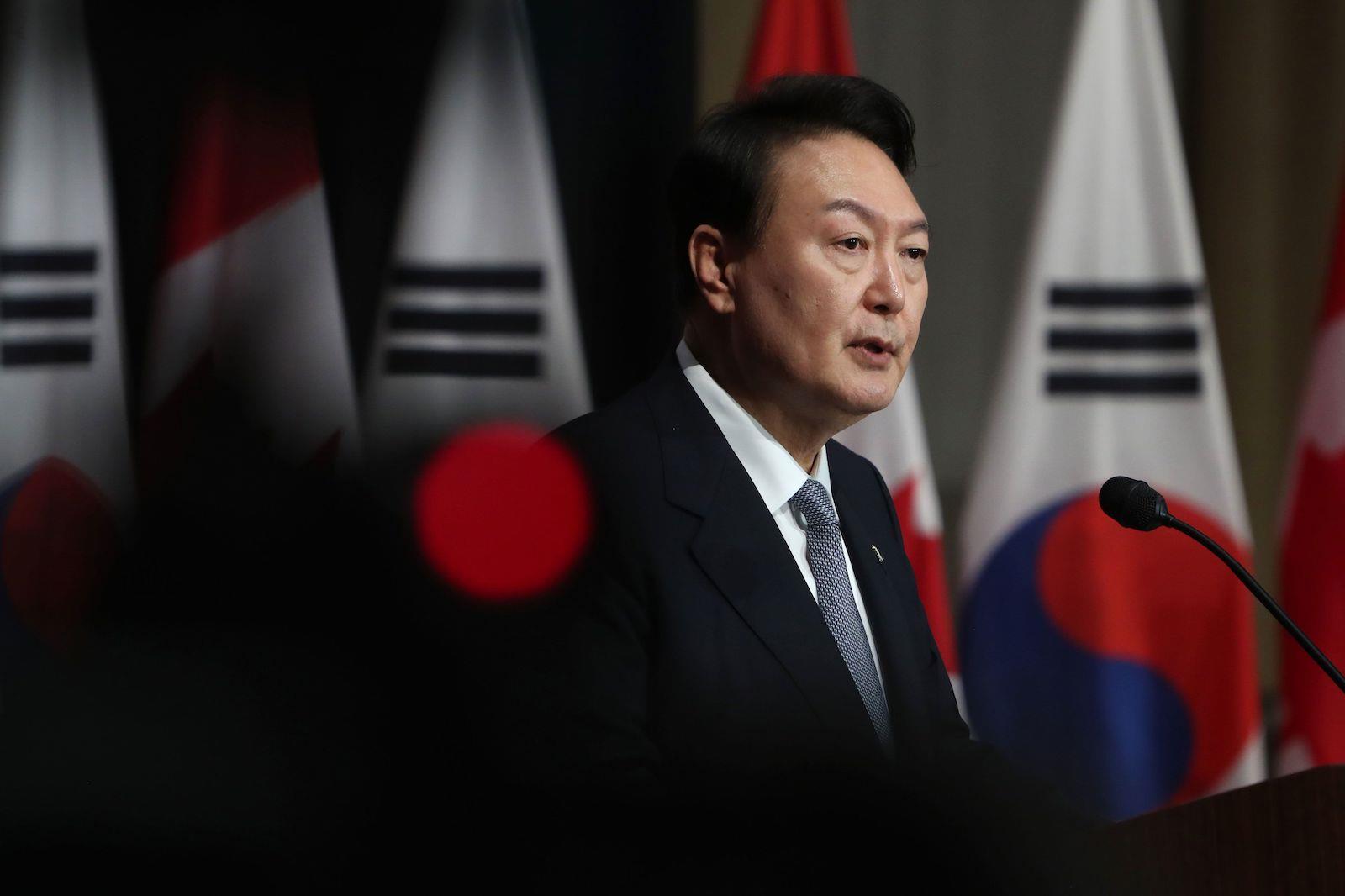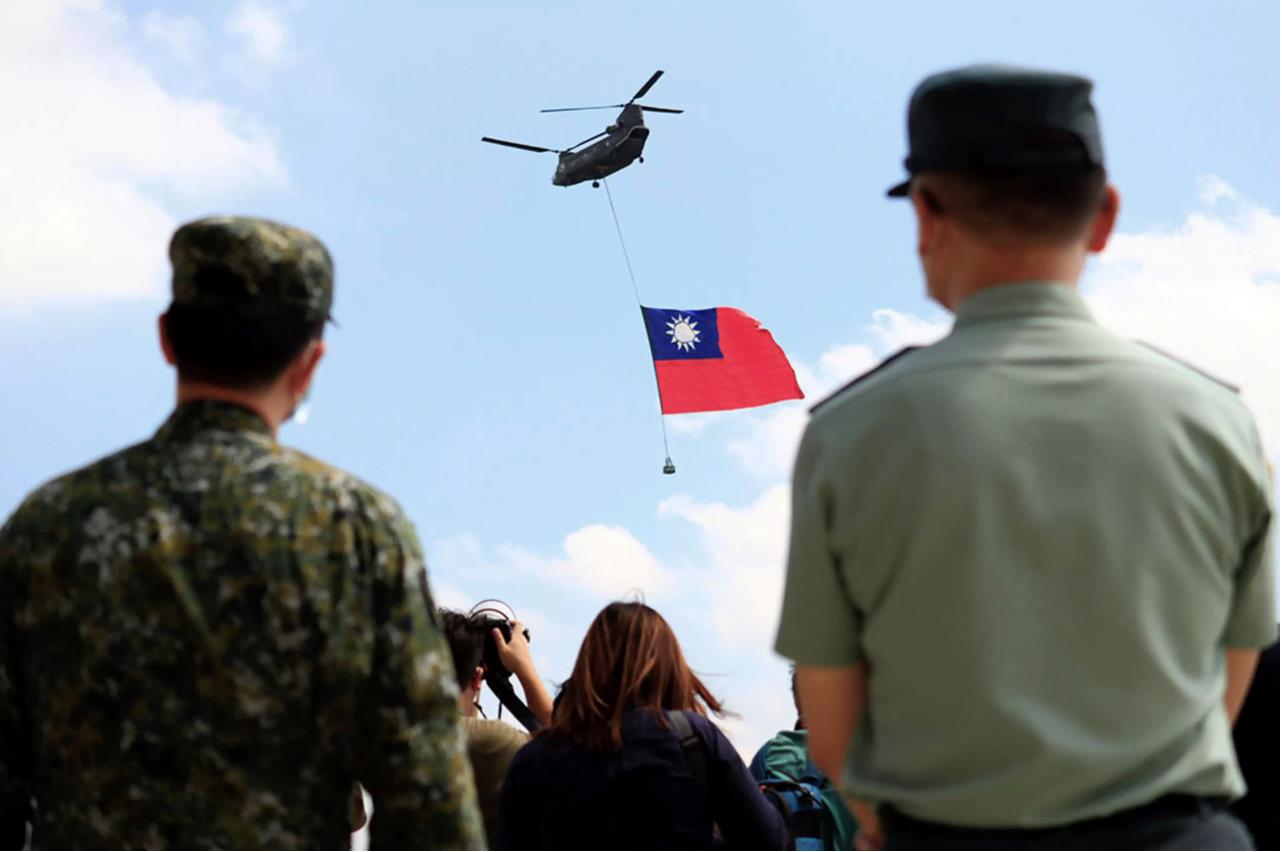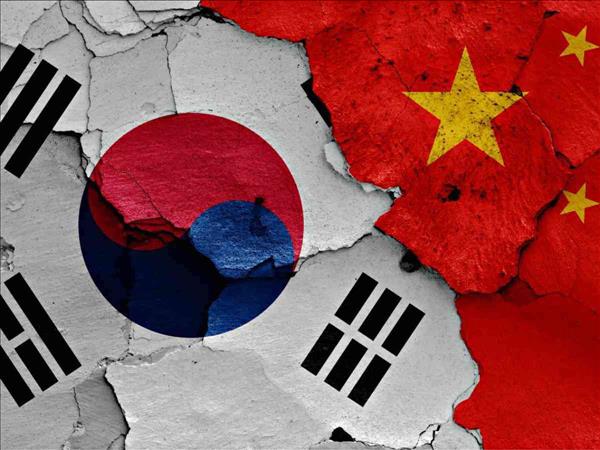
China-S Korea: Deepening Suspicions, Limited Diplomacy
As President Yoon Suk Yeol took steps to strengthen South Korean ties with NATO, stabilize relations with Japan and upgrade efforts with the US to deter North Korea from continued nuclear development, Chinese criticisms of South Korea became increasingly ominous.
They culminated in a stern Chinese diplomatic response to a Reuters
interview on April 19 in which Yoon characterized a possible cross-strait conflict between mainland China and Taiwan as a global security issue.
China's warnings and misgivings regarding the Yoon administration finally ventured into criticism of Yoon himself.
The issue that lit the fuse came
less than a week in advance of the US-South Korea summit. Yoon responded to a question about Taiwan by
saying
that“the Taiwan issue is not simply an issue between China and Taiwan but, like the issue of North Korea, it is a global issue.”
Although Yoon may have thought he was simply describing the obvious international stake in cross-straits stability, his comment deviated from a longstanding South Korean policy that had accepted China's characterization of the Taiwan issue as an internal matter based on its one-China principle. It provoked a strong response from Beijing.
The Chinese foreign ministry spokesperson responded to a question from Yonhap News Agency by reiterating that“the Taiwan question is purely an internal affair at the core of China's core interests .... We hope the ROK side will follow the spirit of the China-ROK Joint Communique on the Establishment of Diplomatic Relations, stay committed to the one-China principle and prudently handle matters related to the Taiwan question.”

South Korean President Yoon Suk Yeol is making a clear New Cold War choice. Image: CNN / Screengrab
South Korea's foreign ministry spokesman
responded
that China had committed a“serious diplomatic discourtesy” by objecting to“our leader's mention of the universal principle that we oppose the change of the status quo by force.”
Both governments exchanged diplomatic demarches. Chinese Ambassador to South Korea Xing Haiming was called in to see First Vice Minister Chang Ho-jin while newly appointed South Korean Ambassador to China Chung Jae-ho was called to the office of Chinese Vice Minister Sun Weidong.
The Chinese Embassy in South Korea released a lengthy statement explaining how the Taiwan issue was completely different from the Korean Peninsula issue.
A Global Times editorial strongly criticized Yoon's foreign policy outreach to the United States and Japan, South Korean objections to Chinese outrage over Yoon's remarks and the issue of US spying on South Korea, asserting that“China has shown real and even extra diplomatic respect to South Korea, and we hope South Korea can show some self-respect.”
Xiang Haoyu of the China Institute of International Studies
wrote
that“the conservatives in South Korea seem to be losing their awareness of the country's unique geopolitical situation in the midst of their inflated great power mentality.”
Global Times
columnist Hu Xijin
argued
that“China should maintain sufficient strategic determination and not dance with the Yoon government. We should stick to the basic direction and logic of China-South Korea relations. The attitude of the Chinese side is consistent. The Yoon government wants to go against the general trend, but in the end it will find that the trend is stronger than what it can do.”
The South Korean embassy sent response letters on May 5 to editors at Huanqiu Shibao, the People's Daily and the Global Times, charging that“by using sensational, provocative and inappropriate language, your papers disparaged our president as well as the foreign policy of our government aimed at bringing peace and stability to the region, and did so from an extremely biased viewpoint without objective evidence.”
Following the April 26 US-South Korea summit, Chinese criticisms of the US-South Korea alliance under Yoon were unflinching. Renmin University's Jin Canrong
stated
that Yoon's“unwise policy is unsustainable, because it goes against the national interests of South Korea.”
Vexing for the future of China-South Korea diplomatic relations has been the diplomatic fallout from the US-South Korea summit and China's bitter response to both Yoon's comments on Taiwan and Seoul's willingness to
call out china
for not implementing UN sanctions on North Korea.
Despite Yoon's consistent characterization of relations with China as a positive-sum game in which both sides may proceed based on mutual interests, China's read of South Korea under Yoon appears to have darkened considerably in recent months.

A helicopter flies a Taiwanese flag in Taoyuan, Taiwan. Photo: Ceng Shou Yi / NurPhoto / Getty Images
Even more worrisome are Chinese characterizations of South Korea's alignment with the United States and Japan as detrimental to South Korea's own security interests and to the deep strategic logic of balance between the US and China that has characterized South Korea's traditional foreign policy approach.
China's dark warnings regarding the destabilization of peninsular security are clearly bounded, as Chinese policy toward North Korea over decades has clearly demonstrated. At the time Chung, the South Korean ambassador to China, presented his credentials to Xi Jinping late last month he conveyed a message of invitation to Xi to visit Seoul.
Still, a prolonged stalemate in relations between Beijing and Seoul now seems more likely than rapprochement, perhaps for the duration of the Yoon administration.
Scott Snyder is senior fellow for Korea studies and director of the program on US-Korea policy at the Council on Foreign Relations and the editor of The U.S.-South Korea Alliance: Meeting New Security Challenges, a volume forthcoming from Lynne Rienner Publishers.
See-Won Byun is an assistant professor of international relations at San Francisco State University.
This article, abridged from one
originally published by the pacific forum
in Honolulu, is extracted from
Comparative Connections: A Triannual E-Journal of Bilateral Relations in the Indo-Pacific,
Volume 25, Number 1, May 2023, and republished with kind permission.

Legal Disclaimer:
MENAFN provides the
information “as is” without warranty of any kind. We do not accept
any responsibility or liability for the accuracy, content, images,
videos, licenses, completeness, legality, or reliability of the information
contained in this article. If you have any complaints or copyright
issues related to this article, kindly contact the provider above.






















Comments
No comment